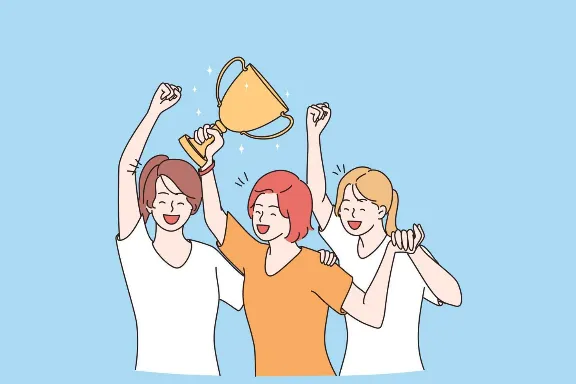
Changing How We Think About Substance Use Disorders
Changing How We Think About Substance Use Disorders
The way we talk about and understand substance use disorders can either build bridges to healing or create barriers to getting help. This November, let's look at how changing our perspective can make a real difference in supporting recovery and understanding.
Moving Past Old Ideas
For too long, substance use disorders have been misunderstood and oversimplified. The truth is, they're complex health conditions influenced by many factors – genetics, environment, stress, trauma, and mental health all play a role. When we understand this complexity, we can move away from judgment and toward real support.
The Power of Understanding

Recent research gives us a clearer picture of substance use disorders and recovery. Among the most powerful findings is that treatment works. When people receive appropriate support, positive changes happen. About 74.8% of adults who report substance use problems achieve recovery, and this recovery brings concrete improvements in their lives:
People rebuild family connections
They find stable housing and employment
They become active, contributing community members
They help others facing similar challenges
The Treatment Gap: Understanding the Challenge
While we know treatment helps, there's still a significant gap between those who need help and those who receive it. Only about 10% of people with substance use disorders currently get treatment. This isn't because treatment doesn't work – it's often because of practical barriers or concerns about stigma. Common obstacles include:
Worry about what others might think
Uncertainty about where to find help
Practical challenges like transportation
Concerns about work or family responsibilities
Redefining What Recovery Means
Recovery isn't a one-size-fits-all journey. It's a personal path that looks different for everyone. Success in recovery isn't just about stopping substance use – it's about building a fulfilling life. For some people, this might mean:
Finding new ways to handle stress and emotions
Building stronger relationships with family and friends
Developing new interests and goals
Creating a stable, healthy daily routine
Helping others who face similar challenges
The Role of Community Support
Communities play a crucial role in supporting recovery. When we create environments where people feel safe asking for help, we make recovery more possible. This means:
Having open, honest conversations about substance use disorders
Sharing accurate information and resources
Supporting prevention efforts, especially for young people
Celebrating recovery successes
Creating welcoming spaces for people in all stages of recovery
Together We Succeed

Change happens when we combine understanding with action. Whether you're personally affected by substance use or want to support others, your role matters. Every time we choose understanding over judgment, share accurate information, or support someone seeking help, we contribute to positive change in our community.
Your journey to recovery begins with a single moment of courage – the decision to reach out. Every day, people just like you take this brave first step toward a healthier future. You already have the strength within you; we're here to help you discover it. Today can be the day your story of recovery begins.
Contact Information:

Crisis Line: 1 (800) 416-1772
Main Office: 1 (417) 782-1772
Main Office Address: 1809 S Connor Ave. Joplin, Missouri 64804
Neosho Office: 417-451-6106
Neosho Office: 118 W. Spring St., Neosho, MO, 64850
Website: https://lafayettehouse.org/
Remember, recovery is not just possible – it's happening every day. By working together and supporting each other with understanding and compassion, we can help more people find their path to recovery and wellness.